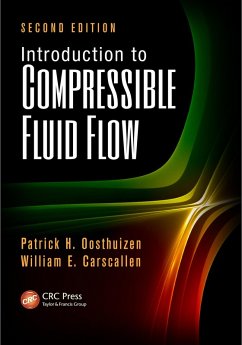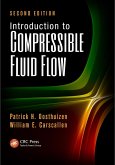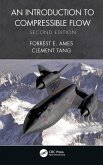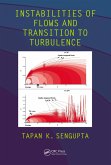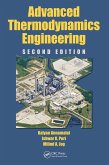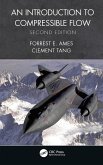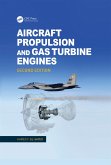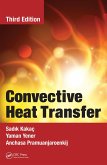The book begins with discussions of the analysis of isentropic flows, of normal and oblique shock waves and of expansion waves. The final chapters deal with nozzle characteristics, friction effects, heat exchange effects, a hypersonic flow, high-temperature gas effects, and low-density flows. This book applies real-world applications and gives greater attention to the supporting software and its practical application.
- Includes numerical results obtained using a modern commercial CFD (computer fluid dynamics) code to illustrate the type of results that can be obtained using such a code
- Replaces BASIC language programs with MATLAB® routines
- Avails COMPROP2 software which readers can use to do compressible flow computation
Additional problems have been added, and non-numerical problems illustrating practical applications have been included. A solutions manual that contains complete solutions to all of the problems in this book is available. The manual incorporates the same problem-solving methodology as adopted in the worked examples in this book. It also provides summaries of the major equations developed in each chapter. An interactive computer program also accompanies this book.
Dieser Download kann aus rechtlichen Gründen nur mit Rechnungsadresse in A, B, BG, CY, CZ, D, DK, EW, E, FIN, F, GR, HR, H, IRL, I, LT, L, LR, M, NL, PL, P, R, S, SLO, SK ausgeliefert werden.

